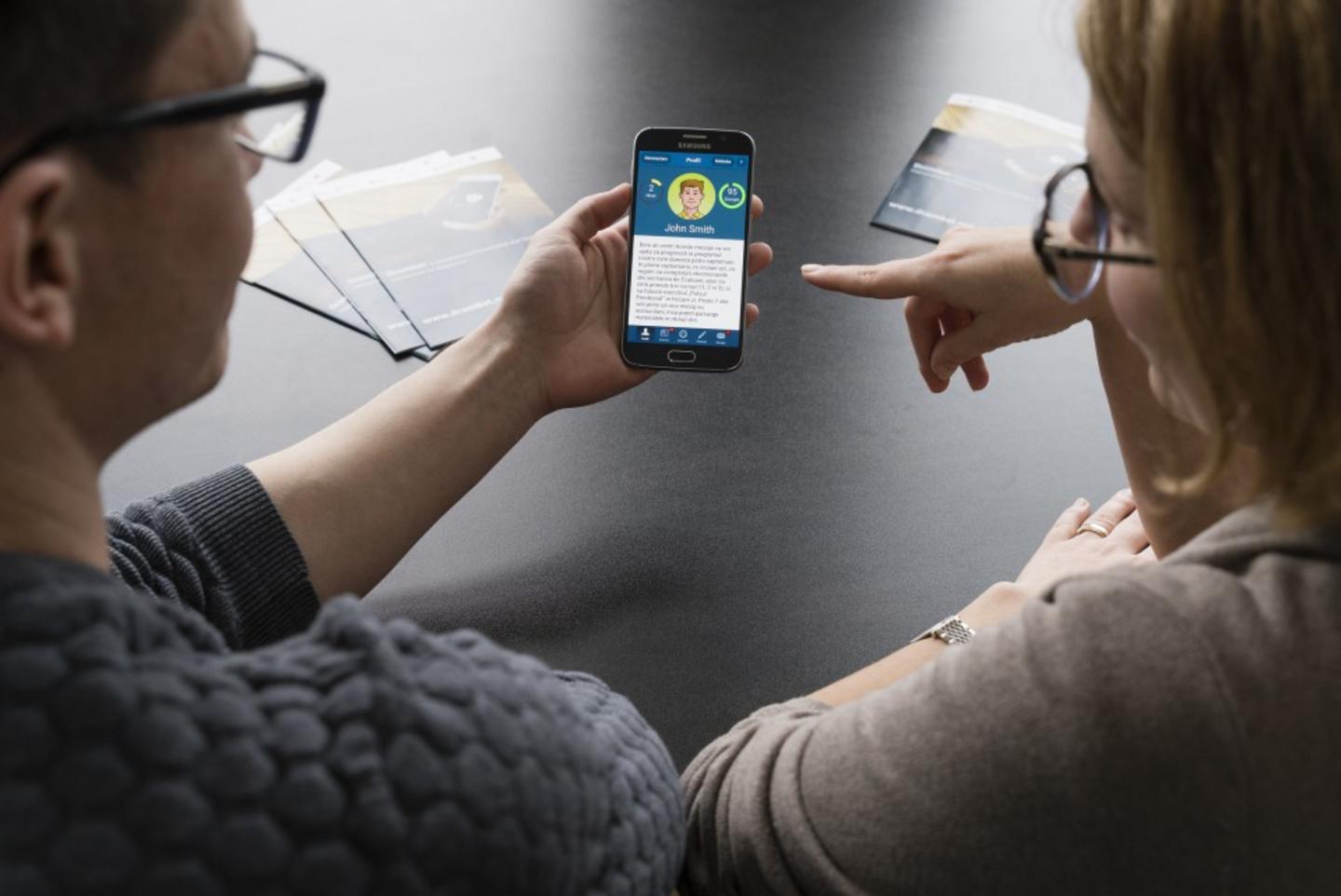Depression is the most common mental health disorder in Europe – according to the World Health Organisation, 1 out of 15 Europeans suffer from major depression each year. The disease can be a great burden on people’s lives, preventing them from fully functioning in the world, be it interacting with family and friends or participating in the job market. Depression does therefore not only have a severe impact on the person in question but also on society as a whole.
Cognitive-behavioural therapy (CBT) is the standard treatment for depression. The therapy aims to help patients address their problems by changing the way they think and act. CBT is traditionally given through a face-to-face session with a therapist but it can also be done online. However, the automatic online treatments tend to have a high risk of drop-outs, which significantly reduces their effectiveness:
“There are CBT applications on the market but research has shown that more than 50% of the users stop using the apps. At the end, follow-up with those users has shown that the gains they’ve made are not kept in the long-term,” said Dr Oana Cobeanu, one of the researchers behind the Dcombat project at the Babes-Bolyai University in Cluj. Dr Cobeanu adds that online approaches often apply the same standard for everyone. This means that there is limited room for personalisation which can make the users feel distant from the therapy.
A gaming approach
With support from Iceland, Liechtenstein and Norway via the Romanian ‘Research Cooperation’ programme, the Dcombat team is creating an app that will approach CBT in a more personalised way through a user-friendly game.
The app users create their own characters who can level-up by completing missions and unlocking achievements. By following the gaming approach, the project team aims to increase the entertainment value of the app and lower the drop-out rates.
The character’s journey takes the user through courses explaining the basic principles of CBT and exercises that include cognitive and behavioral tasks which help the user during and after experiencing negative emotions.
The users’ progress is evaluated both continuously and through on-demand sessions. They also have access to messages where they can send questions, concerns and comments to therapists. Future options may also allow them to participate in support group discussions.
Since the app is designed to assist clinically depressed individuals, each user undergoes a screening process before joining in order to make sure that the app is a suitable treatment option. The team is also developing another version of the app which anyone can download for free. That version focuses on the prevention of depression – an area which has been largely absent in previous CBT apps.
New partnerships
The app is being developed together with the Norwegian company Checkware and the Department of Psychology at the Norwegian University of Science and Technology (NTNU). Checkware is an expert in e-health solutions and NTNU has published numerous papers on the causes, course and treatment of mental disorders, including the benefits of CBT. The team at Babes-Bolyai University did not have any previous contact with the two Norwegian partners before the project:
“We wrote to partners blindly,” explains Dr Cobeanu, who adds that the cooperation has been very successful: “We’ve been to Trondheim a couple of times and have discussed how to continue the cooperation with a new project.”
